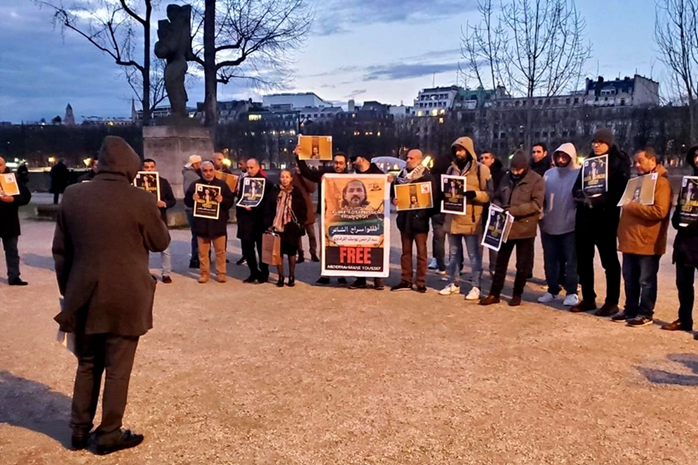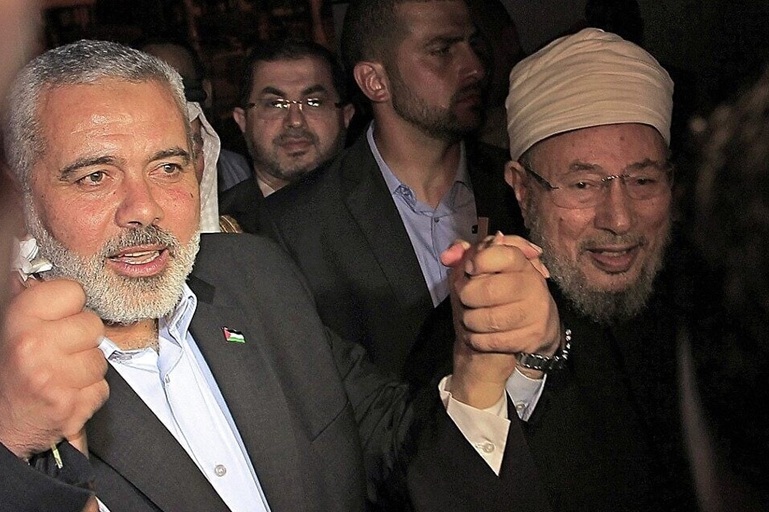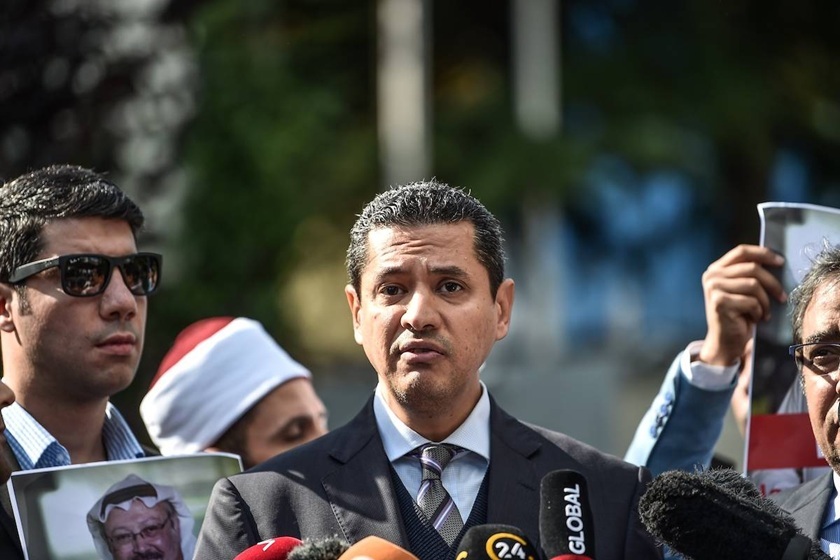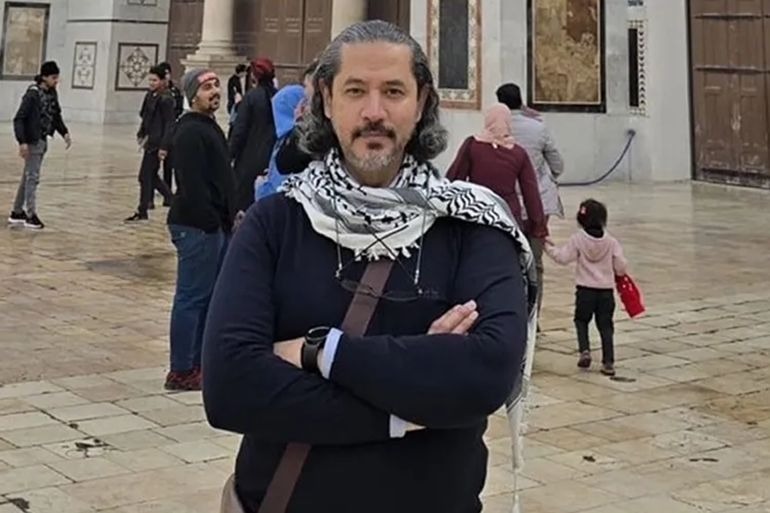Kidnapping: An Unpleasant Tradition Invented by the UAE in the Region
TEHRAN (Defapress) - Abdul Rahman al-Qaradawi, an Egyptian-Turkish poet and political activist, has been imprisoned in the United Arab Emirates for more than 10 months for posting a critical post on social media against the UAE, Egypt, and Saudi Arabia governments. His lawyers have called on the UN Special Rapporteur on Torture to investigate Lebanon’s role in his arrest and extradition.

Al-Qaradawi was arrested by Lebanese authorities in December 2024 after returning from Syria and attending a celebration of the fall of Bashar al-Assad. He released a video in Syria in which he strongly criticized the governments of the UAE, Egypt, and Saudi Arabia, wishing that they too would suffer the same fate as Bashar al-Assad.
He is the son of Yusuf al-Qaradawi, a prominent Islamist cleric and leader of the Muslim Brotherhood who lived in exile until his death. Abdulrahman is also a supporter of the pro-democracy protests in Egypt, and was also tried and convicted in absentia in that country for criticizing the judiciary.
However, Abu Dhabi was able to use Beirut's weaknesses and needs to convince the government of Najib Mikati to arrest Qaradawi on charges of spreading lies and disrupting public security and extradite him to the UAE. On January 8 of this year, Lebanon extradited Qaradawi to the UAE, even though he is neither a Lebanese nor an Emirati citizen.

The arrest and deportation of a poet and political activist for posting a critical video on social media and his subsequent deportation to another country a worrying signs of the strengthening of authoritarian traditions in some Arab countries.
Qaradawi’s lawyers and Amnesty International had warned of the risk of torture in the UAE, but the Lebanese government at the time ignored these concerns and insisted that the UAE would respect his human rights, a promise that has since been broken. Qaradawi has now been held in solitary confinement for more than 10 months, with no access to sunlight.
“Lebanon rushed the extradition, on the condition that Abdul Rahman’s human rights be upheld. But that promise has now been completely discredited,” says Rodney Dixon, an international lawyer for Qaradawi. Although the previous Lebanese government made this decision, the current government still has a legal responsibility to right the wrongs of its predecessors and work to bring Qaradawi back. Governments may change, but commitments remain.”

The current Lebanese government is evading its legal duty, claiming that extradition was not carried out during the current administration. The UAE has also ignored media requests for a response. A group of UN special rapporteurs said in March that their concerns about Qaradawi’s rights abuses in the UAE were “fully justified.”
Qaradawi’s family has only met him twice in the past 10 years, each time for 10 minutes. “The idea of Abdul Rahman being held in a dark cell without fresh air, without light, and being innocent is heartbreaking,” they say. “We will not stop fighting until he is released. All we want is to see him at home, reading us one of his poems.”
Qaradawi was already popular in the Arab world before his trip to Syria. He had a large online following and spoke at political events. He was a supporter of Hamas and praised Operation Storming Al-Aqsa. Abdul Rahman also dedicated a poem to the late Hamas leader Yahya al-Sinwar.

Zarqawi’s lawyer stressed: “If governments can pursue and imprison their critics beyond international borders, no one will be safe. For this reason, the United Nations and the international community must act immediately to stop this behavior; otherwise, no one will be safe.”
Human rights organizations have warned of the danger of state kidnapping becoming common and normal in West Asia, citing Qaradawi’s arrest. Based on the medieval and dangerous tradition established by the UAE, any government can arrest, imprison, and torture its citizens of various nationalities in other countries who criticize it.
